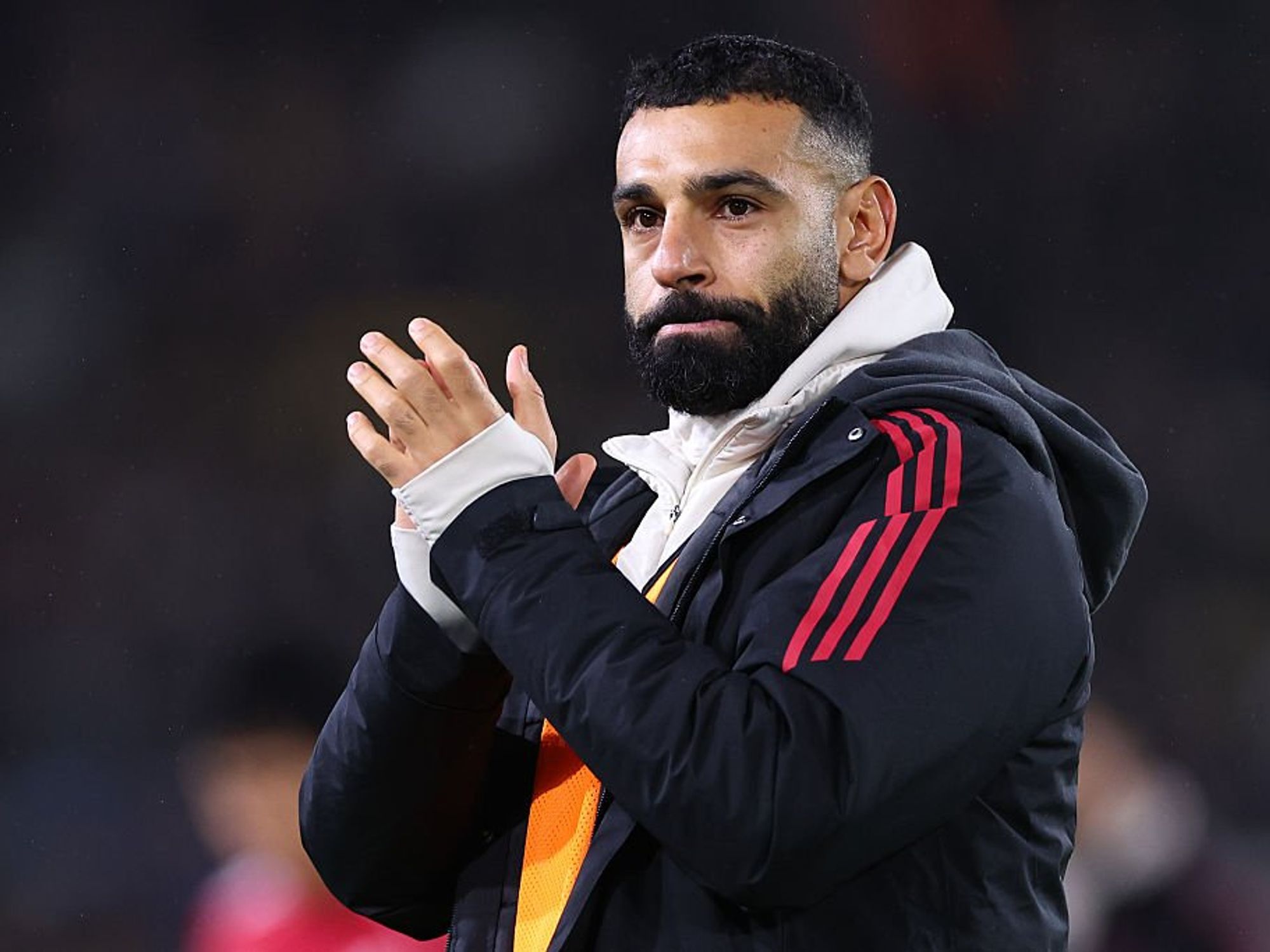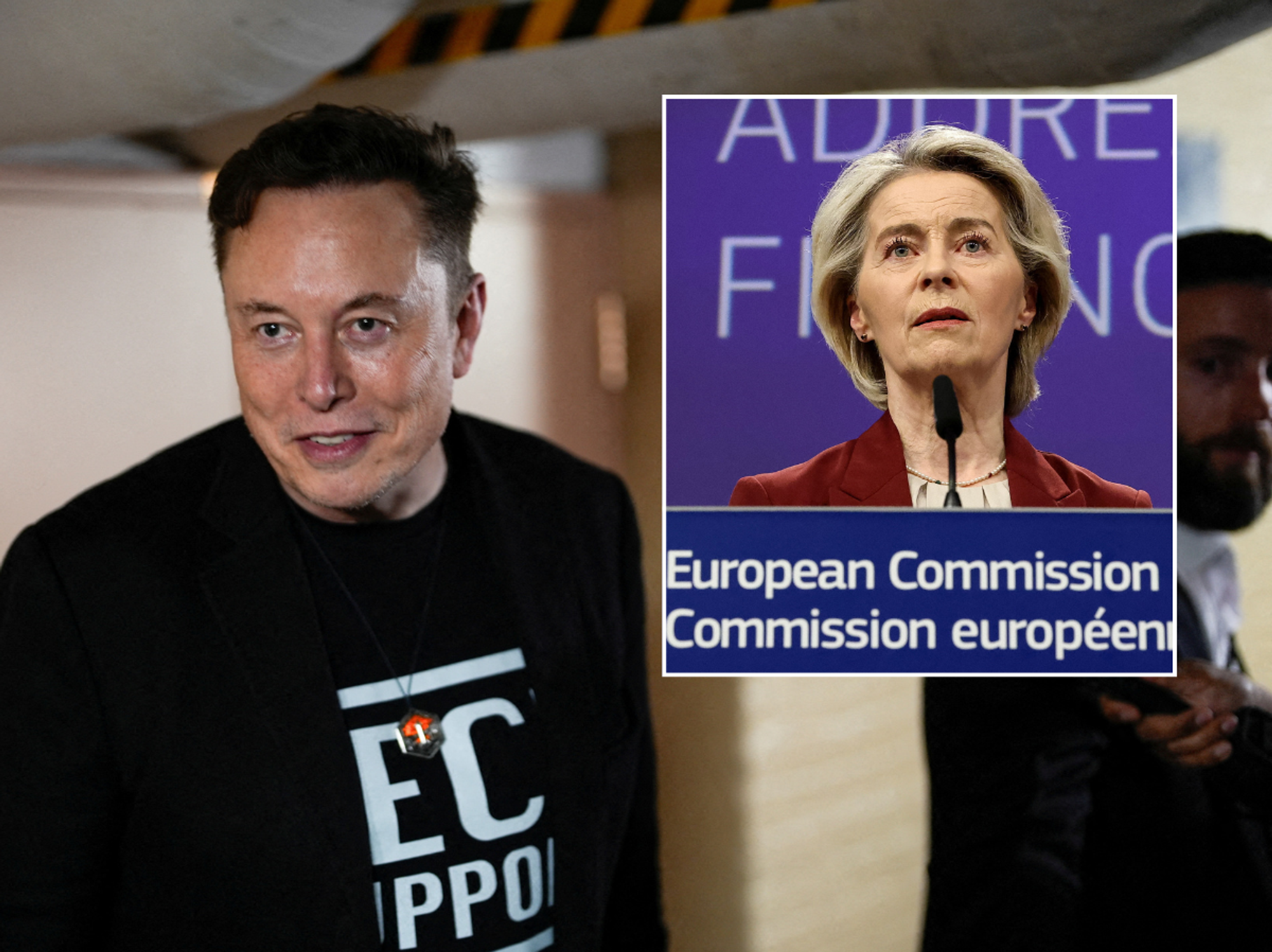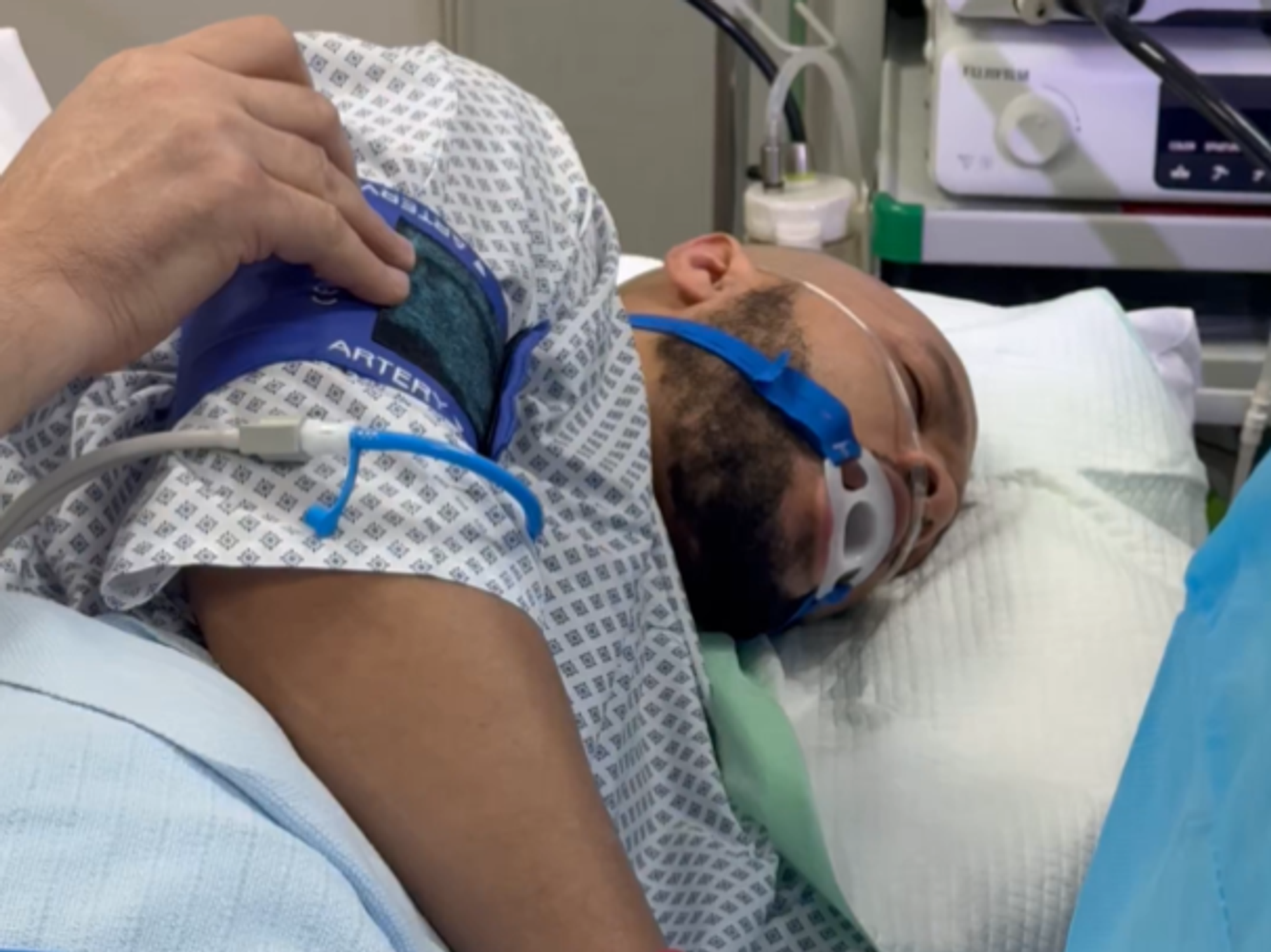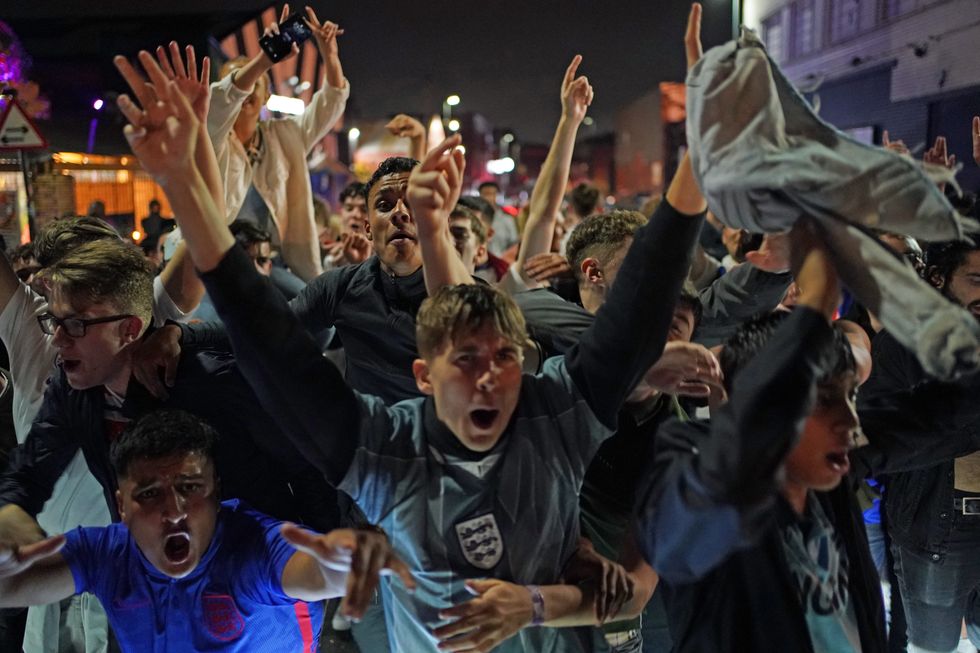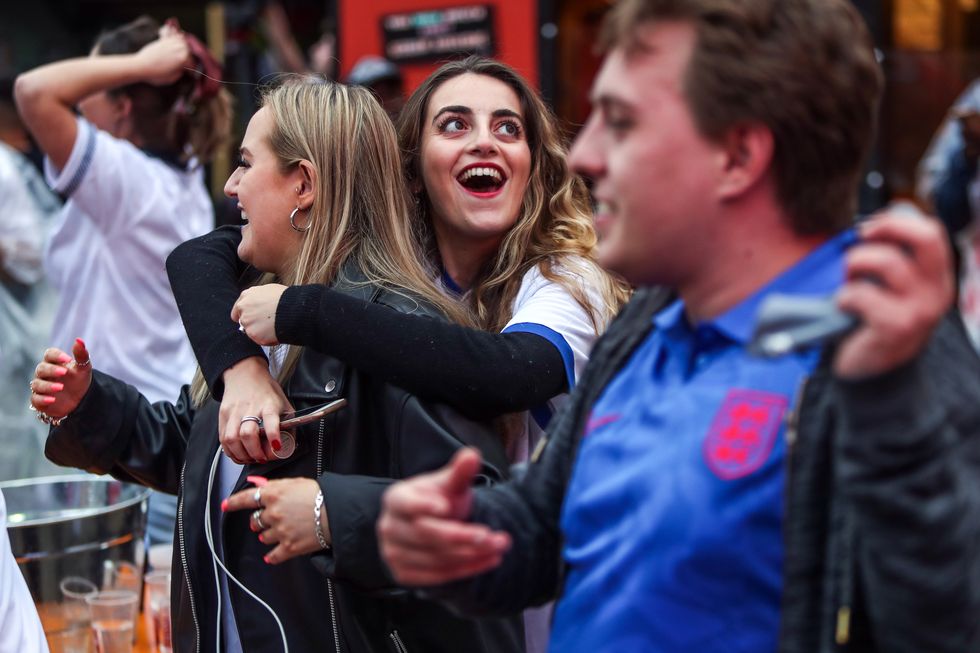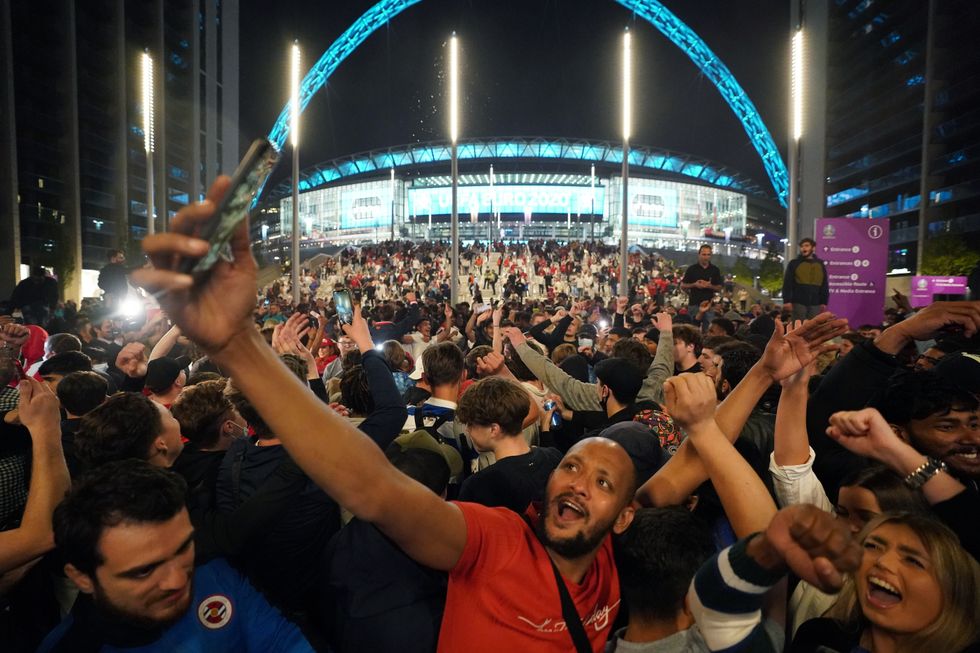Euro 2020: Football fans celebrating 'important factor' behind Covid case rise
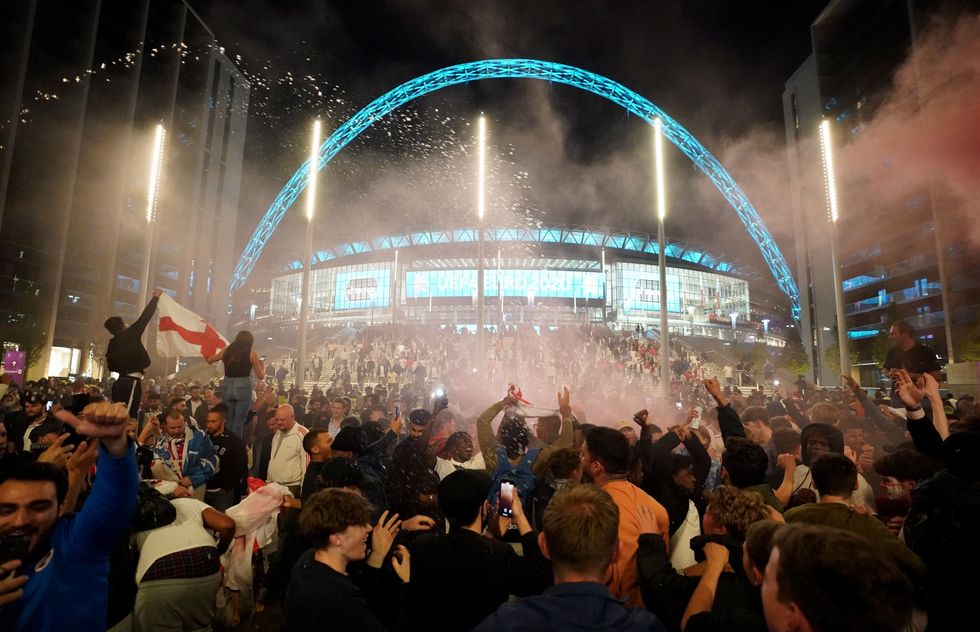
England fans celebrate outside Wembley Stadium after England qualified for the Euro 2020 final where they will face Italy on Sunday 11th July, following the UEFA Euro 2020 semi final match between England and Denmark. Picture date: Wednesday July 7, 2021. | Zac Goodwin
Critics have taken aim at the move to allow 60,000 fans into Wembley, while pubs and bars have also been full of fans
Don't Miss
Most Read
Football fans celebrating the Euros across the UK may have been "an important factor" in driving up Covid-19 cases, an expert said.
Data from England, Scotland and Wales shows an “obvious surge” in case numbers starting around 10 days after the first games involving each nation, according to Paul Hunter, professor in medicine at the University of East Anglia.
Critics have taken aim at football being seen as an exemption from Covid-19 rules, as 60,000 fans packed into Wembley stadium, pubs have been given permission to open longer and the prime minister is under pressure to grant a bank holiday if England beat Italy in the final.
Prof Hunter said it was “difficult to escape the conclusion” that revelling fans had not contributed to the rising numbers of cases.
Fans on the streets in Birmingham celebrate England qualifying for the Euro 2020 final after watching the Euro 2020 semi final match between England and Denmark. Picture date: Wednesday July 7, 2021.
Jacob King
“It is very clear that in all three home countries the week on week rate of increase in case numbers was slowing and it did look like we may be seeing case numbers plateauing,” he said.
“But in all three countries England, Scotland and Wales there was an obvious surge in case numbers starting about 10 days after that country’s first match in the Euros.
“Whilst association does not necessarily mean causation it is difficult to escape the conclusion that celebrations around the Euros have been an important factor in driving up the epidemic in the UK.” Prof Hunter added that cases in England had jumped up from around 32% seven days after their first match to 74% the week after.
He said similar patterns had occurred in Wales and Scotland which had also seen increases of 114% and 132% in case rates respectively in the two weeks after their first games. It comes as data from Imperial College London and Ipsos Mori seemed to suggest that men gathering in pubs was a contributing factor to rising case numbers.
Fans celebrate during the UEFA Euro 2020 round of 16 match between England and Germany at the Vinegar Yard pub in London. Picture date: Tuesday June 29, 2021.
Kieran Cleeves
Professor Paul Elliott, director of the React programme from Imperial’s School of Public Health, said: “We saw the same in Scotland around the Euros and visits to Wembley and matches in Glasgow.
“Clearly it’s not just going to the match but it’s going to the pub, being in close proximity.
“We know how this virus is transmitted, it’s transmitted through close proximity to other people, some of whom may be infected and we also know from our data and other data that some people don’t know they have the virus and they don’t have symptoms but they carry the virus.
“So it does come down again to this social distancing.”
England fans celebrate outside Wembley Stadium after England qualified for the Euro 2020 final where they will face Italy on Sunday 11th July, following the UEFA Euro 2020 semi final match between England and Denmark. Picture date: Wednesday July 7, 2021.
Zac Goodwin
As of 9am on Thursday, there had been a further 32,551 lab-confirmed Covid-19 cases in the UK, the Government said. It means that the total number of people in the UK who have tested positive for coronavirus, up to July 8, has risen above five million, and now stands at 5,022,893.
Prof Hunter added that following the end of the tournament, which draws to a close on Sunday with the historic clash between England and Italy, cases may start to decline again, and that the increased proximity may even offer protection to some demographics.
“On the bright side this may mean less pressure after the Euros are over – many more younger males will have some degree of immunity from natural infection,” he said.
“If England follows Scotland we may even see case numbers starting to decline especially as schools will be closing for the summer break soon, though this may be hoping a little too much.
“Case numbers may be declining in Scotland because the Euros are over and schools have been out for about a week so maybe we can expect an even more rapid decline.
“If so this may bode well for England after July 19.
“We will know one way or another in about three weeks’ time.”
- Is watching the Euros bad for your health? Should 60,000 fans be packed into Wembley while social distancing is in force? Get in touch in the comments below or email gbviews@gbnews.uk






